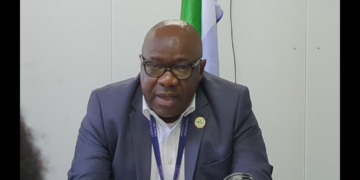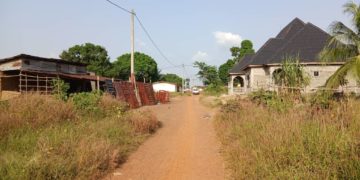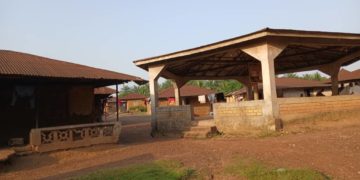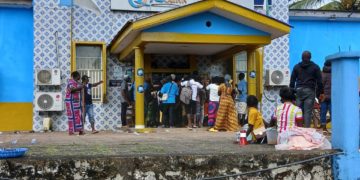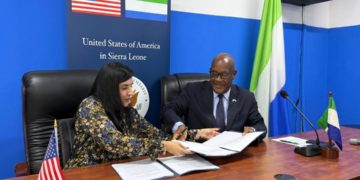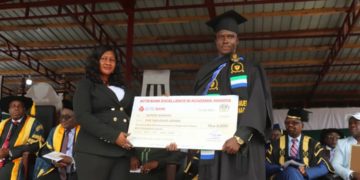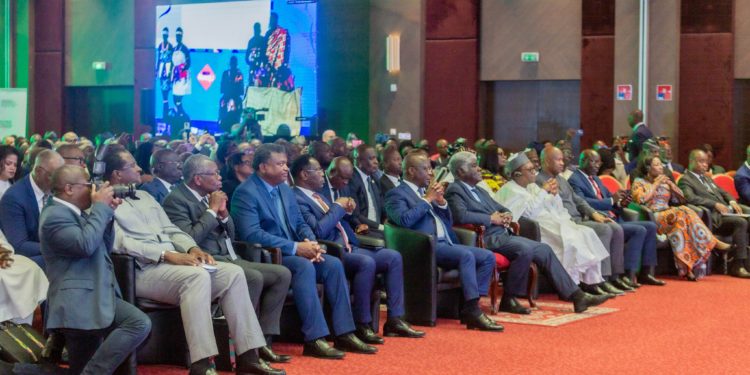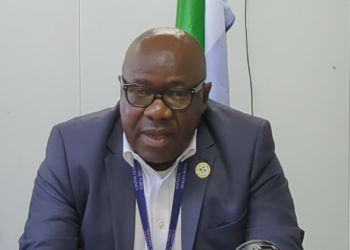By Kemo Cham

Experts and government representatives have called for the need for collaboration to tackle one of the most pressing public health issues in West Africa – Lassa fever.
The calls were made in the Ivorian capital, Abidjan, which is hosting the Second Lassa fever International Conference (ELFIC2025) which brings together scientists, researchers and policy makers to discuss progress and challenges in the fight against the haemorrhagic fever disease that is endemic to the region.
In his welcoming statement, the host Minister of Health and Social Welfare, Pierre N’Gou Dimba, described Lassa fever as a public health threat to the region which requires collective action to tackle it. Mr Dimba noted that despite being less affected by Lassa fever, Cote d’Ivoire doesn’t feel safe from the disease, hence its commitment as expressed in the hosting of the event.
“The rapid emergence of infectious diseases like Lassa fever among humans and animals shows the need to strengthen cross border collaboration as well as multisectoral collaboration,” he said.
“The involvement of the Ivorian government is an indication of its interest in research in dealing with this public health threat,” he added.
Prof. Muhammad Ali Pate, Minister of Health and Social Welfare of the Federal Republic of Nigeria, spoke on the importance of shared knowledge, coordination of resources and access to data among member countries in the fight against Lassa fever.
Prof. Pate said the virus’ complex epidemiology and recurrent outbreaks serves as a reminder that no single country can tackle it alone.
“It requires a united, coordinated and sustained response,” he stressed.
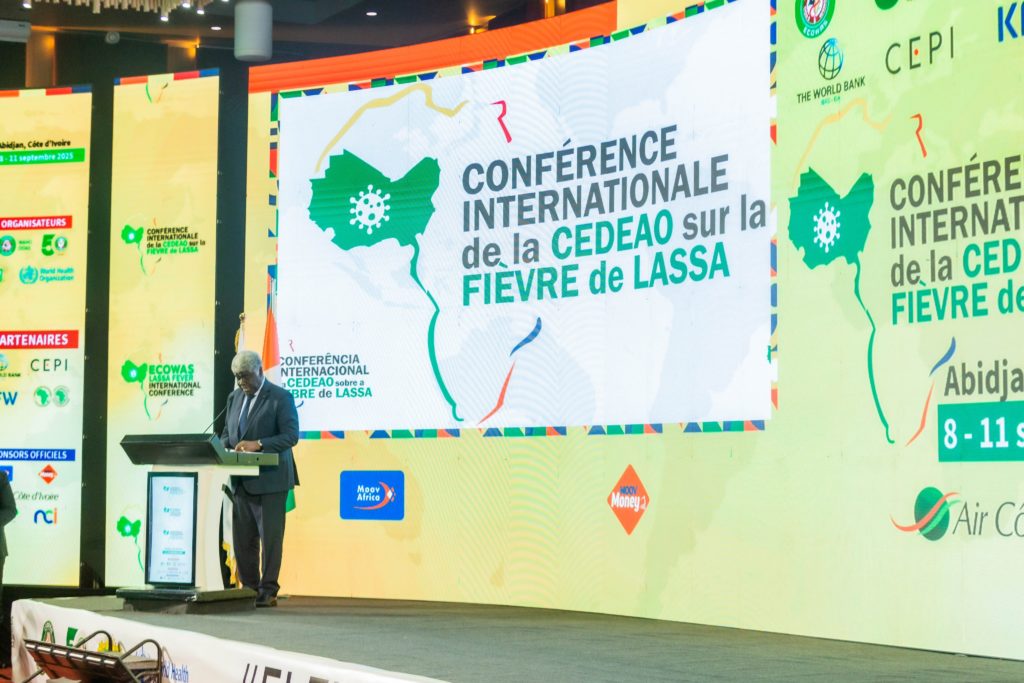
Lassa fever is a viral illness that is similar to Ebola. And both are endemic to Sub Saharan Africa, while Lassa fever is known to be common to West Africa.
Lassa fever is also less severe, compared to Ebola, with about 1 percent fatality rate, according to the World Health Organization (WHO). However, the global health agency says the fatality rate can increase significantly, reaching up to 15 percent.
The life-threatening conditions of Lassa fever include organ failure, hemorrhagic signs, and permanent hearing loss. Severe complications include pregnancy loss, fluid around the heart or lungs, shock, and neurological problems like coma or seizures. Many survivors face long-term hearing loss, extreme fatigue, and other sequelae, epidemiological studies have shown.
The virus is believed to have been first reported in Sierra Leone in the 1950s, but it was first identified in Nigeria in 1969, near a village of the same name. Since then, cases have been identified in several countries in the sub region. But seven Member ECOWAS countries – Sierra Leone, Guinea, Liberia, Nigeria, Mali, Benin and Togo – are known to be the most endemic to Lassa fever.
WHO estimates between 100, 000 and 300, 000 infections each year, with approximately 500 lives lost annually to the virus.
In the last 50 years, some progress has been made in both diagnostics and treatment. But many experts believe that the progress has been too slow. One area progress hasn’t been made much is vaccine development. And for Prof. Pate, the solution is in the hands of West Africans, who he said must take the lead and collaborate with partners both in the rest of the region and globally.
“Our strength lies in the unity of our responses, in the willingness of our nations to work together, share knowledge, and coordinate resources to protect the health of our people,” he said.
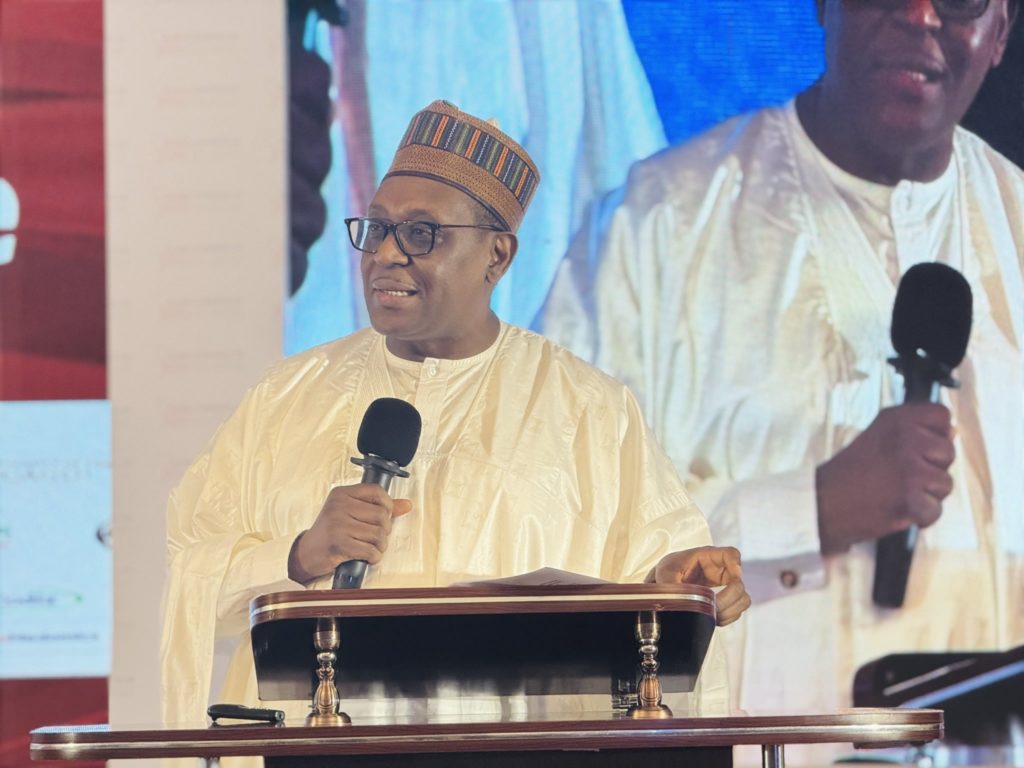
The Lassa fever conference is convened by the West African Health Organization (WAHO), the specialised agency of the Economic Community of West African States (ECOWAS) charged with the responsibility of safeguarding the health of the peoples in the sub-region. It seeks to achieve this by encouraging harmonization of the policies of Member States, pooling of resources, and cooperation with one another.
The Lassa fever conference is one such way, with the aim of fostering “collaboration, inform policy, and catalyse research that will ultimately strengthen preparedness and response efforts to combat Lassa fever,” according to a statement by WAHO.
The first conference was held in the Nigerian capital, Abuja in 2019.
The theme for this year’s event is: “Beyond Borders: Strengthening Regional Cooperation to Combat Lassa Fever and Emerging Infectious Diseases.”
Amma Twum-Amoah, Commissioner for Health, Humanitarian Affairs and Social Development of the African Union, said Lassa fever remains a threat to the whole African region, noting that it is not only a clinical challenge but a complex social and ecological threat that demands a multisectorial response.
Mrs Twum-Amoah spoke about the role the African Union through the Africa Centers for Disease Control and Prevention (Africa CDC) is playing in the response to Lassa fever and other public health issues facing the continent, stressing on the importance for an AU-ECOWAS collaboration.
“No single institution can overcome this challenge in isolation. Stronger AU-ECOWAS collaboration is essential,” she said.
Cote d’Ivoire’s Prime Minister Robert Beugré Mambé presided over the official opening ceremony with a speech that emphasised the commitment of the Ivorian government in the fight against Lassa fever and other public health challenges confronting the ECOWAS region.
Over 500 delegates were expected to attend the meeting in the course of the four-day period, with topics like the potential for vaccine development, progress in diagnostics and research top on the agenda.
Sierra Leone is represented at the conference by Deputy Minister of Health 1, Dr Charles Senesie. Among the experts to make presentations at the event is Sierra Leonean epidemiologist Prof. Alhaji Umar N’jai.
The conference was preceded by a Ministerial Roundtable.

